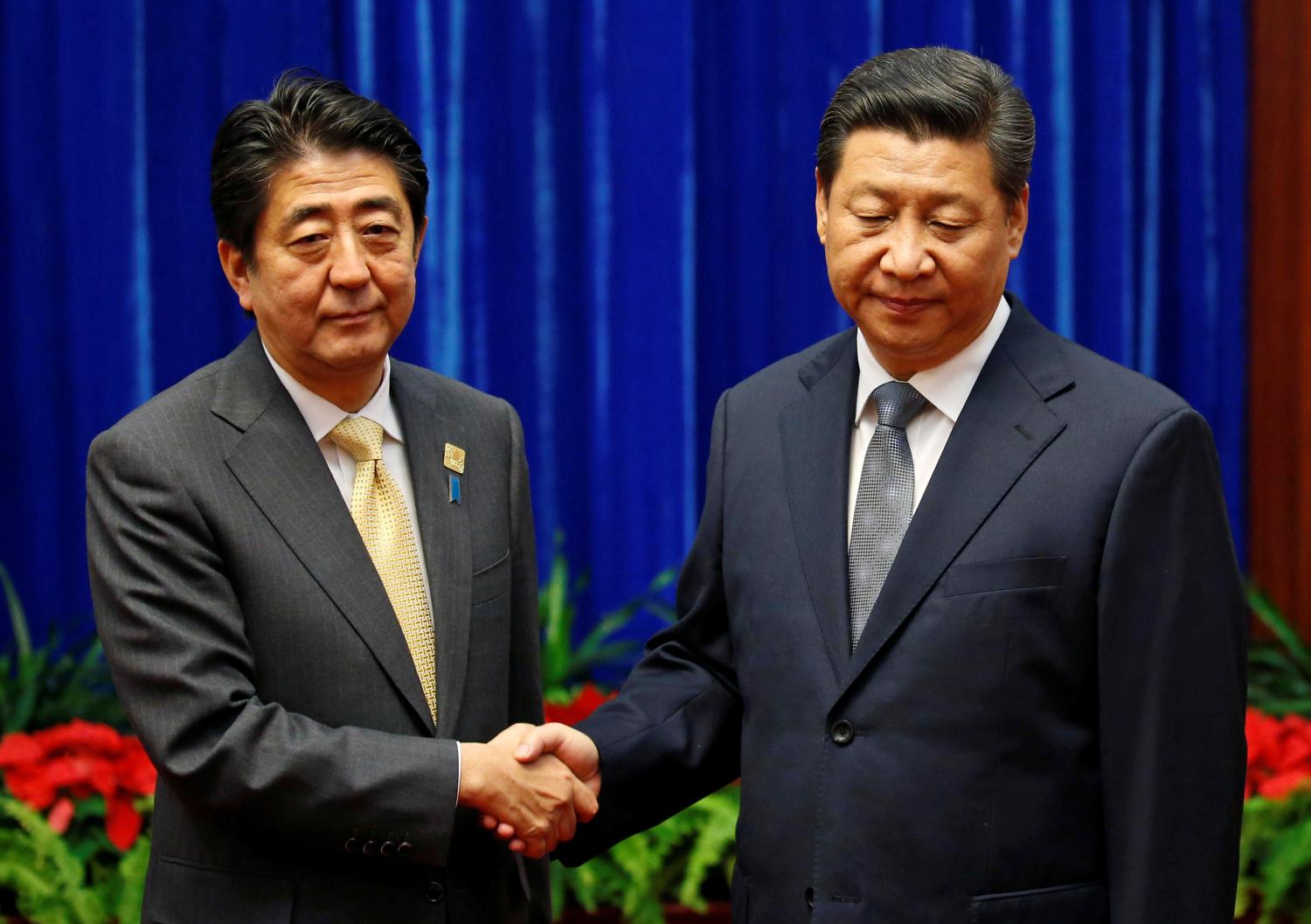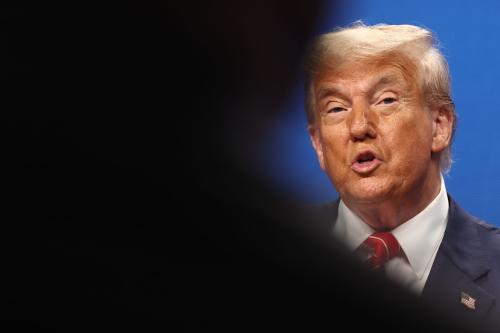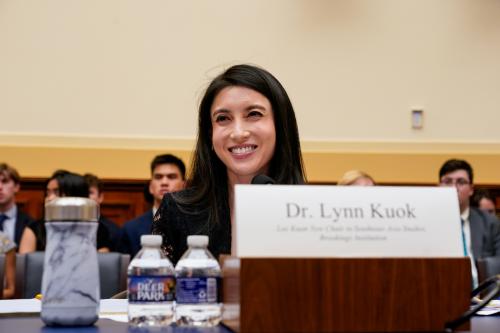The television services of China have undergone dramatic changes since the policy of open door economic reform was introduced in the late 1970s. Few research studies, however, have been conducted in the United States and other Western countries on what, specifically, these changes are, and how they affect the lives of Chinese people and shape the media’s role in Chinese society. This paper will outline the significant structural changes in the Chinese television industry, particularly at China Central Television (CCTV); it will also analyse the phenomenon of a highly popular program, ‘Focus’, (Jiao Dian Fang Tan) and its impact on Chinese politics and society. Based on this analysis, this paper will discuss relevant issues surrounding mainland Chinese media, including its editorial freedom and independence, expanding impact on policymaking, and, finally, its future role in the continued liberalization and democratization of China.
In recent years, the development of a market economy in China, and especially within the Chinese television system itself, has led to keen competition across and within networks-both to enhance their reputations and win greater audiences. In the process, Chinese television has gained much more freedom and independence. It is able, to some extent, to pursue its own professional goals and interests while at the same time serving its audience.
The Brookings Institution is committed to quality, independence, and impact.
We are supported by a diverse array of funders. In line with our values and policies, each Brookings publication represents the sole views of its author(s).



